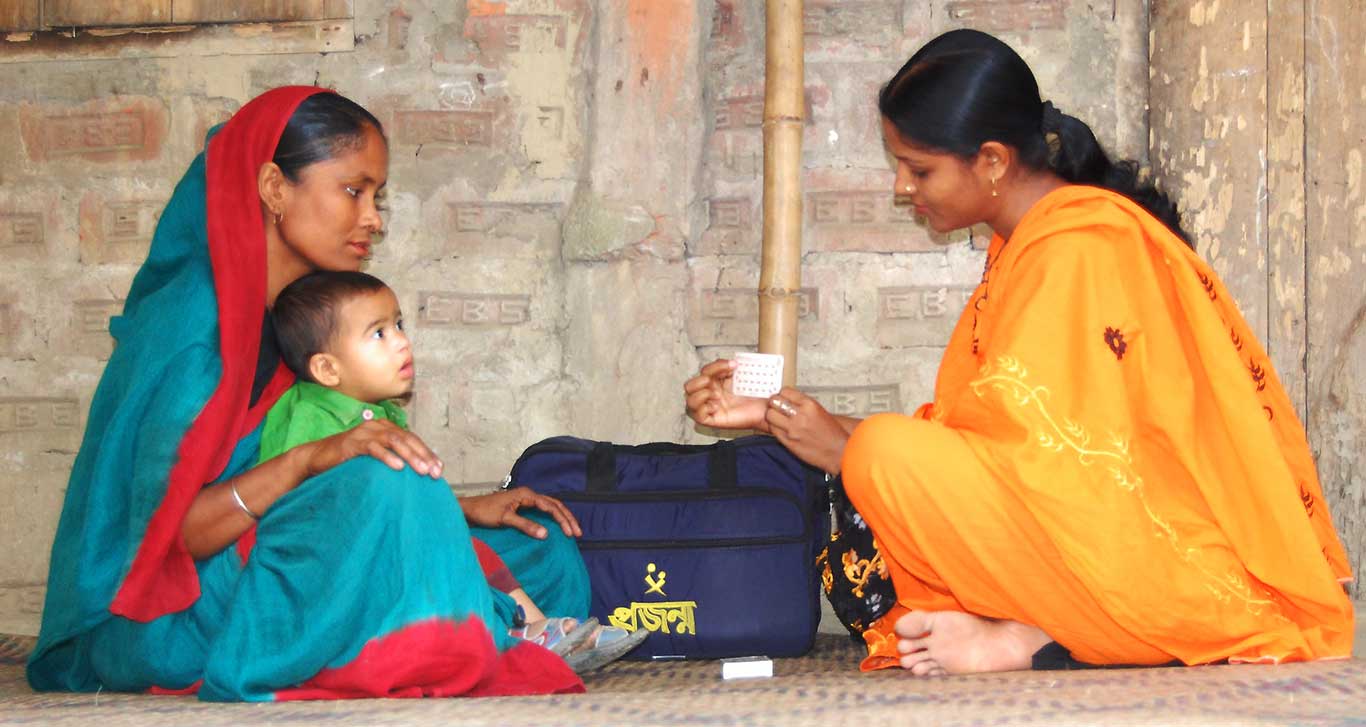A cross-sectional study on Family Planning factors during COVID-19 pandemic in Bangladesh
Prevalence and factors associated with family planning during COVID-19 pandemic in Bangladesh: A cross-sectional study
The COVID-19 pandemic has negatively impacted health systems worldwide, including Bangladesh, limiting access to family planning information (FP) and services. This study examined the socioeconomic, demographic, and other critical factors linked to the use of FP in the studied areas during the COVID-19 pandemic.
The study was co-conducted by the following authors:
- Nitai Roy, Md. Bony Amin, Maskura Jahan Maliha, Md Aktarujjaman from Patuakhali Science and Technology University, Bangladesh;
- Bibhuti Sarker from University of Manitoba, Winnipeg, Canada and Bangabandhu Sheikh Mujibur Rahman Science and Technology University, Gopalganj, Bangladesh;
- Ekhtear Hossain, Department of Biological Sciences and Chemistry, Southern University and A&M College, Baton Rouge, LA, United States of America; and
- Gourango Talukdar from Department of Neuroscience, University of Minnesota, Minneapolis, MN, United States of America
Methodology
The characteristics of the respondents were assessed using a cross-sectional questionnaire survey and descriptive statistics. The variables that were substantially linked with FP usage were identified using a Chi-square test. In addition, a multivariate logistic regression model was used to identify the parameters linked to FP in the study areas during the COVID-19 pandemic.
Findings
The prevalence of FP use among currently married 15–49 years aged women was 36.03% suggesting a 23% (approximately) decrease compared to before pandemic data. Results also showed that 24.42% of the respondents were using oral contraceptive pills (OCP) which is lower than before pandemic data (61.7%). Multivariate regression analysis provided broader insight into the factors affecting FP use. Results showed that woman’s age, education level of the respondents, working status of the household head, locality, reading a newspaper, FP workers’ advice, currently using OCP, ever used OCP, husbands’ supportive attitude towards OCP use, duration of the marriage, ever pregnant, the number of children and dead child were significantly associated with FP use in the study areas during COVID-19 pandemic.
This study discusses unobserved factors that contributed to a reduction in FP use and identifies impediments to FP use in Bangladesh during the COVID-19 epidemic. This research further adds to our understanding of FP usage by revealing the scope of the COVID-19 pandemic’s impact on FP use in Bangladesh’s rural and urban areas.
Source: PLOS ONE
